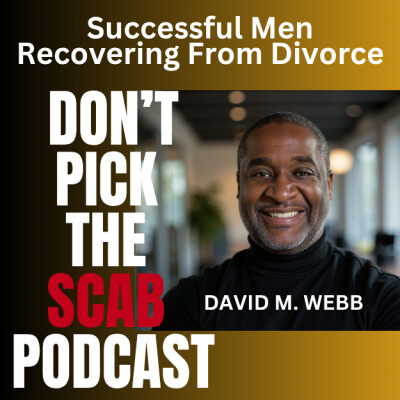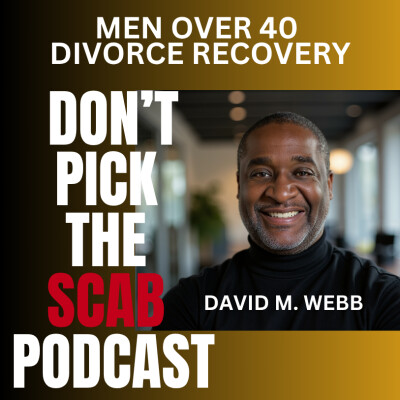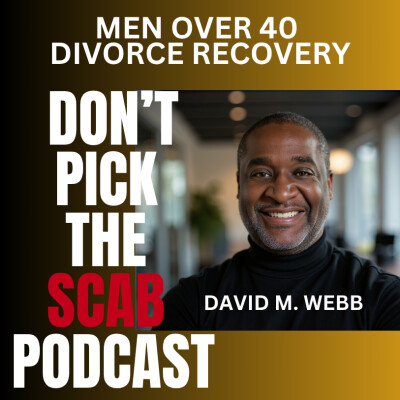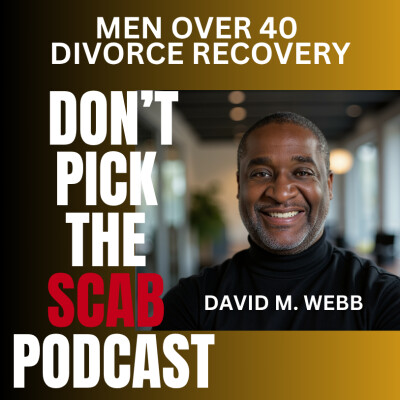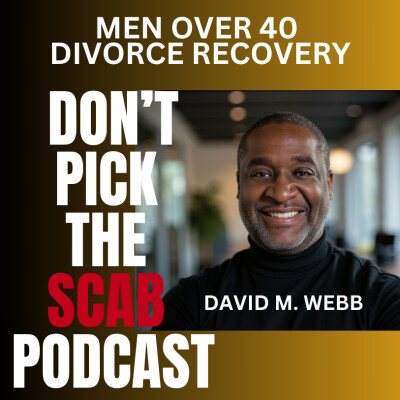Description
We got a slight echo in our production. But, it doesn't affect the content - check it out!!
In this episode of the "Don't Pick the Scab" podcast, Cody Butler, an Australian author and coach, discusses his RISE formula (Reveal, Interrupt, Shift, Empower) as a tool to help men overcome trauma, particularly after divorce. Drawing from his personal experiences of failure, loss, and emotional struggles, Cody shares how he transformed his negative belief systems to achieve personal growth and happiness. He emphasizes the importance of identifying limiting beliefs, changing thought patterns, and adopting constructive philosophies to live a fulfilling life.
Cody explains that many people struggle with unrealistic expectations and mental traps that perpetuate feelings of failure and unhappiness. He highlights the role of self-awareness, accountability, and community support in breaking free from these cycles. Furthermore, he underscores the connection between purpose and pain, suggesting that personal struggles can often lead to meaningful contributions to the world.
The episode concludes with Cody encouraging listeners to embrace self-compassion, focus on gratitude, and shift their mindset from survival to thriving.
10 Key Points from the Episode
The RISE Formula: Cody's method involves revealing unconscious beliefs, interrupting negative patterns, shifting perspectives, and empowering new behaviors.
Impact of Childhood Beliefs: Cody shares how a childhood remark from his father ("You don't deserve nice things") shaped his self-worth and led to repeated failures until he addressed it.
Happiness and Expectations: Unrealistic and unmet expectations are a primary source of unhappiness. Adjusting expectations to be realistic is crucial.
Mental Traps: Common mental traps include focusing on "getting through" situations rather than "getting something from" them. Shifting to a growth-oriented mindset is transformative.
Control Your Response: While external circumstances are often beyond control, individuals can always control their response and attitude toward them.
Community and Accountability: Healing and personal growth are significantly more successful when supported by a community or accountability group (as evidenced by the "Change or Die" study).
Trauma Fuels Purpose: Personal struggles and pain often lead to discovering one’s purpose, as they allow individuals to connect with and help others in similar situations.
Self-Compassion: Being kind to oneself is essential for overcoming anxiety, stress, and depression. It helps foster confidence and purpose.
Daily Gratitude: Practicing gratitude daily, even for small things, shifts focus away from negativity and promotes a positive mindset.
Behavior Drives Change: Talking about problems can provide temporary relief, but real transformation comes from adopting new behaviors and attitudes.
Hosted on Ausha. See ausha.co/privacy-policy for more information.
